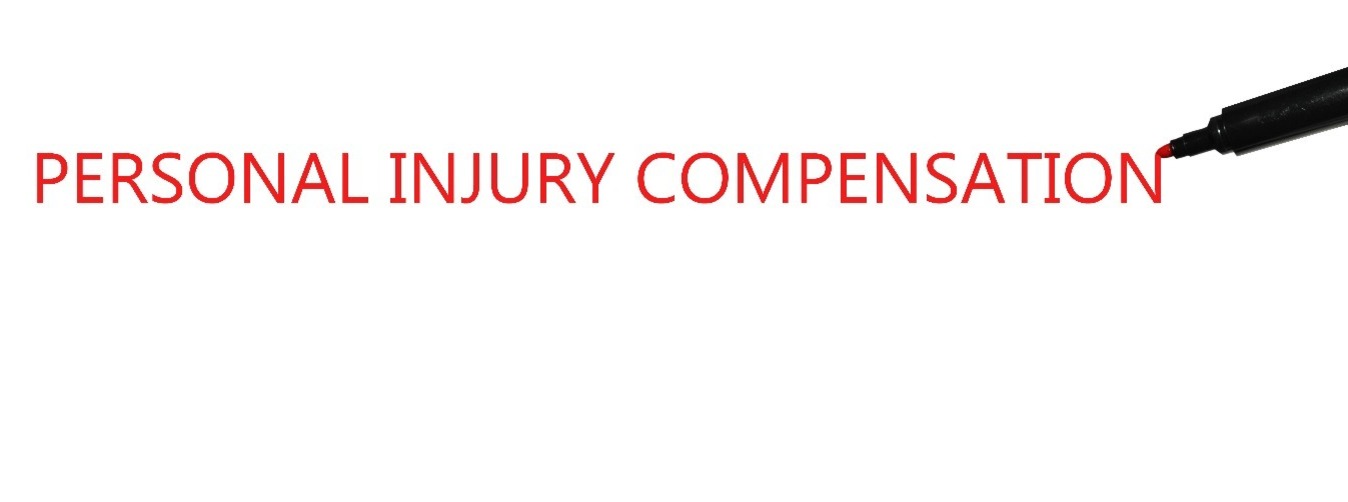Can I Make A Personal Injury Claim On Behalf Of Someone Else?
Posted on 7th April 2020
Generally, the caveat in any Civil Case, of which Personal Injury Claims are one type, is that the Claimant must bring their own claim. However, as with most things, there are exceptions to the rule. MG Legal, your Personal Injury Solicitor Lancaster, has looked at the circumstances where someone else can bring the claim for the injured party. Please read on to find out more.
The obvious example, the minor – anyone under the age of eighteen
In the eyes of the Law, if you are aged under 18, you are deemed to be a minor and you cannot bring your claim for personal injury yourself. So, it is usual for the claim to be brought by the injured person’s parent or guardian, although usually any appropriate relative or close family friend of the injured person will be acceptable for the purpose.
The adult will be deemed a “Litigation Friend” who makes decisions for the injured child ad if they are old enough to do so, with their input. Ultimately, the instruction and agreement must come from the adult.
If the injured minor reached 18 years of age, they may then take over the running of their claim at whatever stage it may be. Should there be nobody to act as a Litigation Friend, or should nobody bring the claim on their behalf, the injured party themselves have a period of three years, ending on their 21st birthday, in which to either settle their claim or issue proceedings, so they do not miss their chance either way.
Other examples, usually requiring a Power of Attorney or Deputyship
When acting for someone without capacity to make their own decisions in the eyes of the Law, they are generally separated into two categories, “Child” and “Patient”. Children are easily defined as they are under 18 years of age. Patient is the overarching term for anyone else who, for whatever reason, may not be able to make their own decisions.
The reason might be that the injured party has, or is expected to have, mental capacity but is unable to provide instruction, for example they are in a coma or intensive care and cannot engage with Legal Representatives. The alternative is that the injured party does not have mental capacity, either because of a pre-existing condition or because of the injury they have sustained. Pre-existing conditions include Cerebral Palsy or Dementia and injury related conditions might include brain damage.
Generally speaking, if the person requires someone to manage their daily affairs for them, they will need a Litigation Friend. A good way of testing this threshold is whether or not you, or someone else, holds a Power of Attorney or Deputyship to manage their affairs. If they do, then this is likely the person to bring the claim on their behalf.
The final example is that as the next of kin of a deceased party, you may bring a claim arising from the incident or act of negligence which resulted in their death. For this, you do not need any kind of Power of Attorney, usually proof of your relationship with the deceased is sufficient.
How do you get a Power of Attorney or Deputyship?
If you believe your loved one may need assistance with their affairs, or if you wish to grant this authority to someone you trust, MG Legal, your Personal Injury Solicitor Lancaster also has a dedicated Wills, Power of Attorney and Probate solicitor who deals with just this type of matter. We can discuss the options and benefits of these types of Authority with you all and assist in drafting and finalising the correct type of Authority for you.
When can you not make a claim on someone’s behalf?
Unfortunately, except in those situations above, you cannot make a claim for someone else. Whilst you may believe someone is doing the wrong thing, or that they are missing out on a significant sum of money, you cannot make a claim on their behalf. Our personal injury team do receive enquiries from an injured persons mum, grandma and sister (sometimes even an auntie or two), and we have to tell them the same thing- the injured person, if over 18, must complete our personal injury Claim Form, online here….. and we will contact the injured person immediately.
The same is true in reverse, apart from the strict situations above, you cannot authorise someone else to deal with your claim for you. As your personal injury Solicitor, we need to have clear instruction from our client, the Claimant and we are prohibited by our Professional Code of Conduct from liaising with or taking instruction from anyone other than our client. We appreciate that making a claim can sometimes be a daunting prospect, however, you will reap the benefits at the end and we must ensure that you are happy with whatever conclusion is reached. With this in mind, this is why we are as flexible in our approach to clients and we will do our best to communicate with you in the manner you prefer.
How to instruct MG Legal
You can instruct MG Legal, your Personal Injury Solicitor Lancaster, by getting in touch by phone, email, web-contact form or at one of our offices in Lancaster, Garstang or Longridge. We will put you directly in contact with our Personal Injury Team who will discuss your claim and how we intend to progress it. We will aim to have our initial paperwork out to you, including a Conditional Fee Agreement (no win, no fee agreement), the same day to ensure the ball is rolling straight away.
MG Legal - Your Local Solicitors
Share this post:





